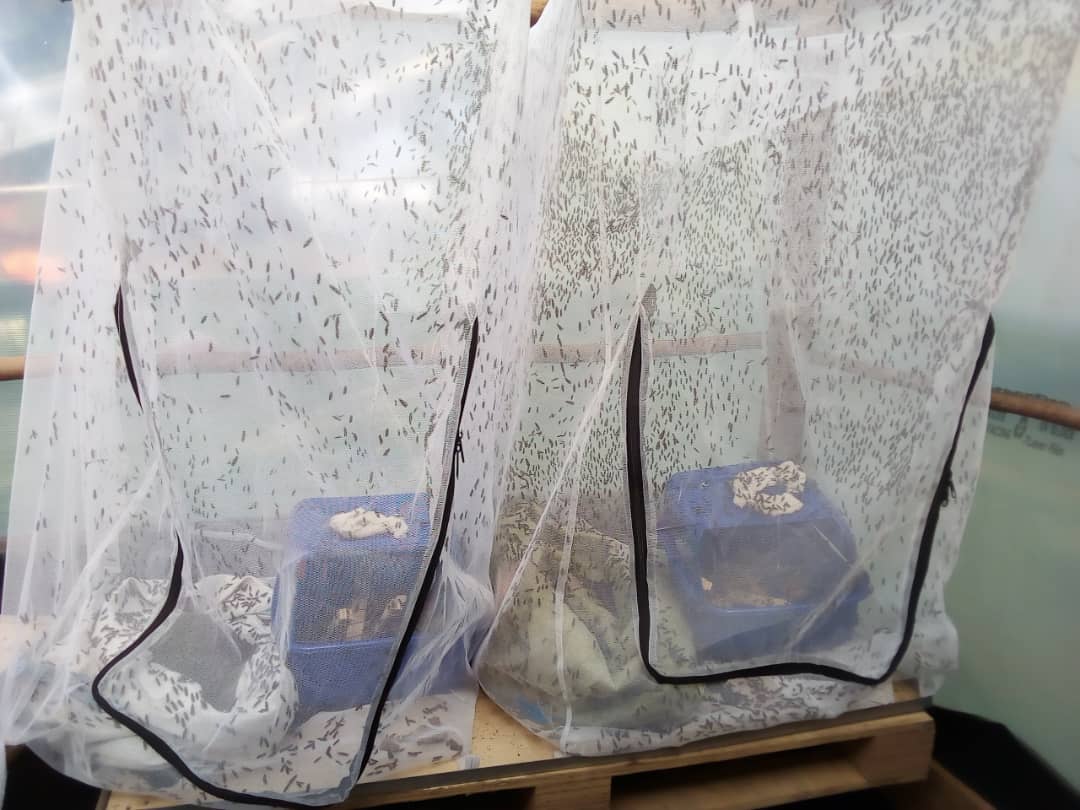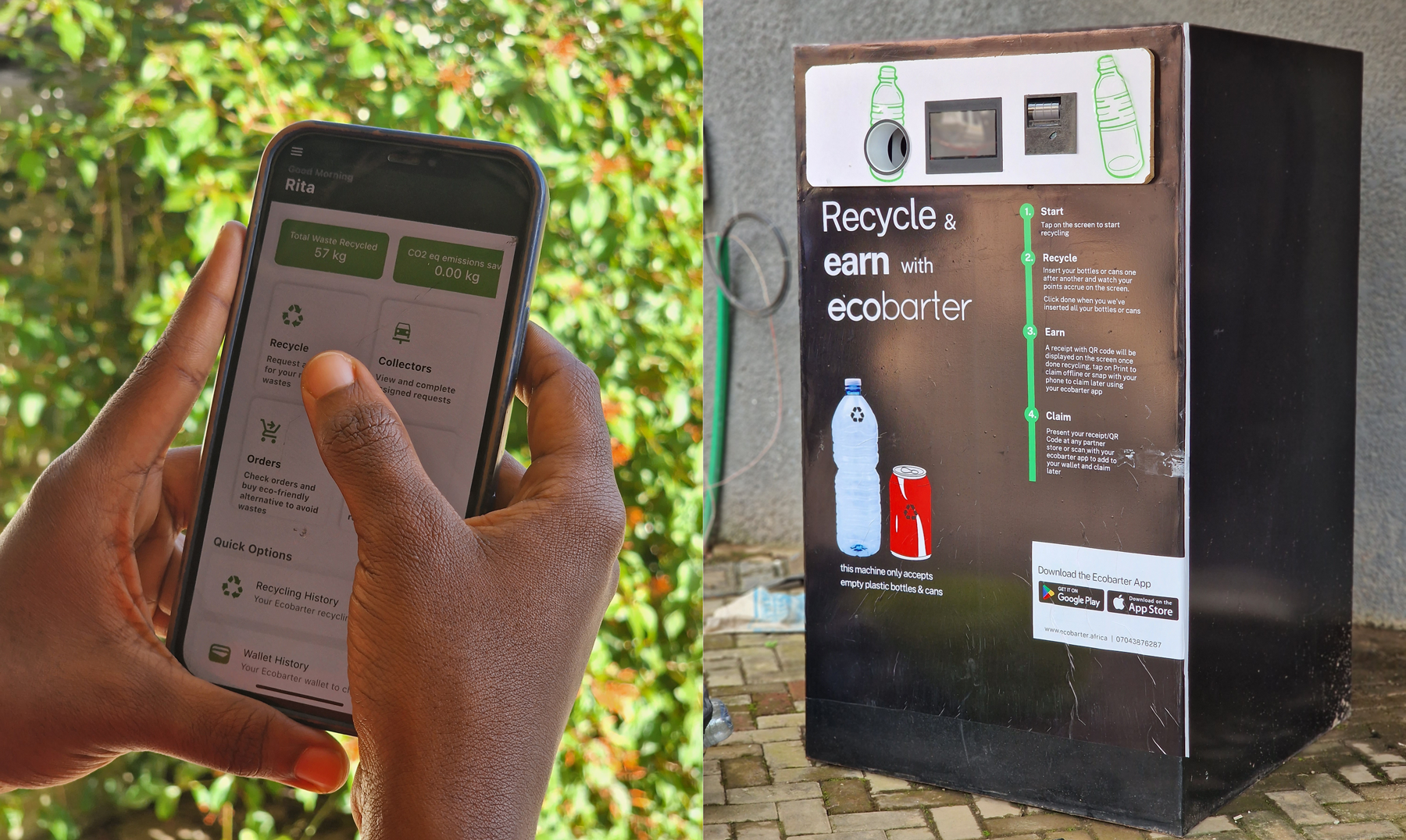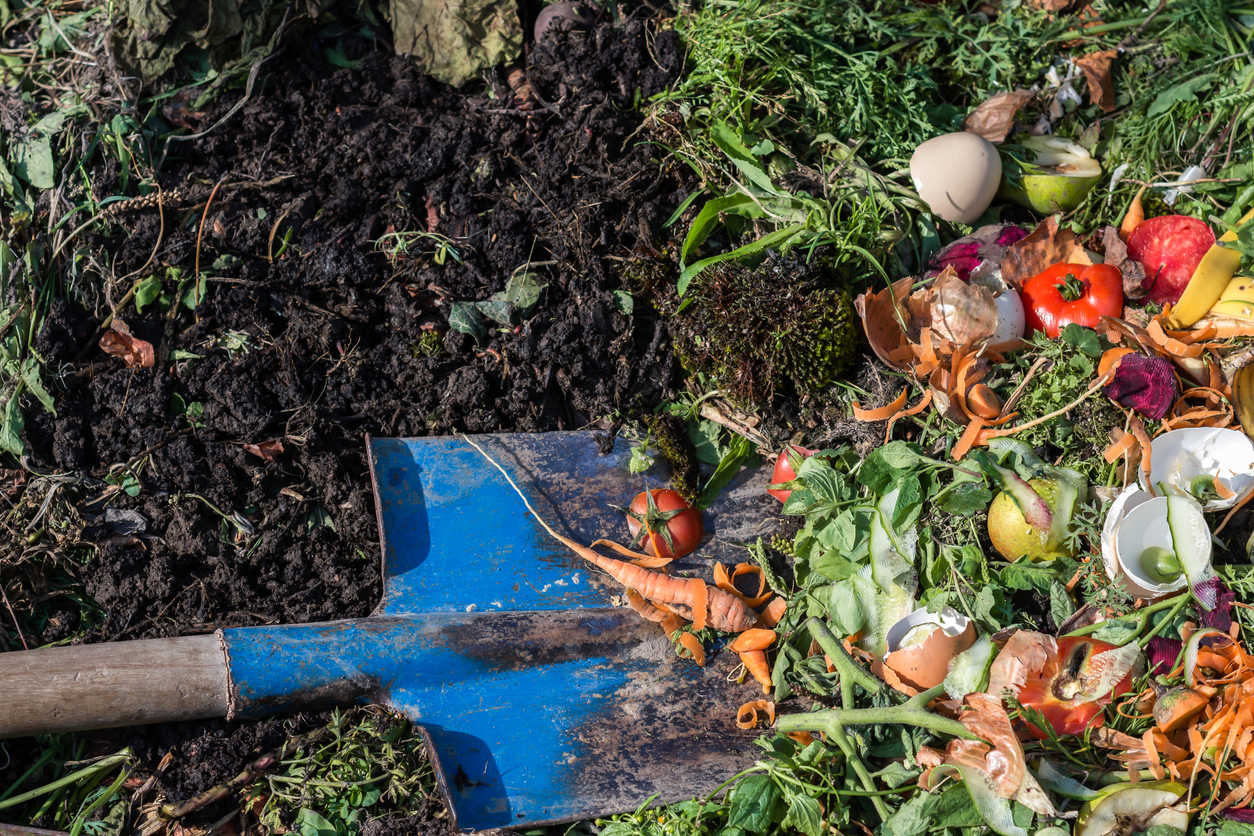Zero Waste Champions: How YouthADAPT Entrepreneurs are Building Resilience
On International Zero Waste Day, we reflect on how waste management and climate adaptation interconnect
T
he growing amount of waste produced globally and daily significantly impacts our communities. Waste emits methane, a potent greenhouse gas that traps heat in the Earth’s atmosphere. This contributes considerably to climate change, and more frequent and intense extreme weather events, including floods and droughts, which bring severe socio-economic and environmental consequences.
As we mark International Zero Waste Day, it is crucial to reflect on how waste management and climate adaptation interconnect. Zero Waste Day is a rallying cry for individuals, communities, and organizations worldwide to pursue a zero-waste world.
The concept of ‘zero waste’ embodies the notion that we can eliminate waste by reimagining consumption habits, rethinking production processes, and redesigning systems to adopt sustainable practices. Zero waste is not a superficial goal. It is an imperative in the fight against climate change, biodiversity loss, and pollution.
Zero Waste Day is also a time to celebrate progress, reflect on challenges, and renew our commitment to building a more sustainable future. Thus, today we spotlight five innovative winners of the African Youth Adaptation Solutions Challenge (YouthADAPT Challenge). These are individuals who are tackling waste while strengthening the climate resilience of communities to the impacts of climate change, from flood to drought. In doing so, they are fostering a more sustainable future.
1. Black Soldier Flies Revolutionize Agriculture and Waste Management

Akatale on Cloud transforms food scraps in Uganda into nutrient-rich compost and insect protein using larvae from the Black Soldier Fly. These larvae are highly proficient in breaking down organic waste, rapidly converting it into protein-rich biomass. This diverts waste from landfills and it creates a valuable resource for climate-smart agriculture, helping improve soil health and crop yields in a world facing food insecurity.
2. An Eco-friendly Barter System

EcoBarter champions the principles of the circular economy in Nigeria by combating plastic pollution, a significant contributor to environmental degradation, through their innovative digital barter system. The company’s platform incentivizes waste collection and recycling, promoting a circular economy and responsible waste management. Their efforts align seamlessly with climate adaptation goals as they contribute to building adaptive capacity within communities and reducing ecological pressures.
3. A Drone-Driven Environmental Movement
Bleaglee Waste in Cameroon is at the forefront of combating plastic pollution, which causes flooding. They do so by using drones to identify waste in waterways and drainage channels. Youth environmental groups and informal waste collectors work with Bleaglee to pick up and collect waste, which they then sort and recycle. They turn plastic waste into fuel, which is sold. By mitigating the proliferation of single-use plastics, Bleaglee reduces carbon emissions and enhances ecosystem resilience, safeguarding biodiversity in the face of climate change.
4. From Plastic Waste to Eco-chic Footwear

Salubata is helping unclog flood-prone waterways in Nigeria by collecting and converting plastic waste into affordable and customizable shoes. So far, the enterprise has processed 1 million tons of plastic waste, showcasing the intersection of fashion and sustainability, and offering ethically crafted footwear options that minimize flood risks and environmental impact.
5. Feeding Fields, Not Landfills

Grocircular Agro Services produces organic fertilizer generated from poultry waste, food waste, rice husks, and wood chips in Nigeria. They produce this fertilizer to address decreasing soil fertility due to such climate risks as droughts. When agricultural waste is used to make organic fertilizer, the carbon in those materials is locked in, preventing it from being released into the atmosphere. The organic fertilizer helps strengthen farmers’ adaptive capacity by increasing soil fertility while reducing their carbon footprint.
Leveraging Youth-Led Solutions for a Circular and Climate-Resilient World
The impact of these youth-led solutions extends far beyond waste reduction. In contributing to the circular economy, these enterprises:
- reduce reliance on raw materials, lessening the environmental impact of resource extraction and processing, a significant contributor to climate change;
- improve resource efficiency through recycling and composting, conserving valuable resources and promoting a more sustainable future; and
- enhance community resilience with effective waste management, improving public health, reducing pollution, and fostering a sense of environmental stewardship.
The YouthADAPT Challenge recognizes the pivotal role of zero-waste initiatives in enhancing community resilience and mitigating climate risks. It is an annual competition and awards program for youth-led enterprises. Jointly organizers are the African Development Bank, the Global Center on Adaptation, and Climate Investment Funds, as part of the Africa Adaptation Acceleration Program (AAAP).
Collective action has tremendous power. Everyone can make a difference by cutting down on single-use plastics, composting organic waste, or supporting local initiatives to promote zero-waste practices.
By coming together as a global community, we can amplify impact and drive meaningful change, at scale. Supporting and amplifying the efforts of youth-led climate adaptation enterprises like Akatale on Cloud, EcoBarter Africa, Bleaglee, Grocircular, and Salubata Official offers a speedier and more impactful pathway towards a zero-waste, climate-resilient future.

Aramide Abe is the Global Program Lead, Jobs for Youth and Entrepreneurship at the Global Center on Adaptation.

Gloria Gowal is a Senior Programs and Strategy Implementation Officer at the Climate Investment Funds – currently seconded to the Global Center on Adaptation to provide technical assistance on the YouthADAPT Challenge.

Kouassi Emmanuel Kouadio is the Climate Resilience Programs Lead at Climate Investment Funds.

Dr. Xianfu Lu is the Senior Strategy and Outreach Specialist for the Pilot Program for Climate Resilience at Climate Investment Funds.